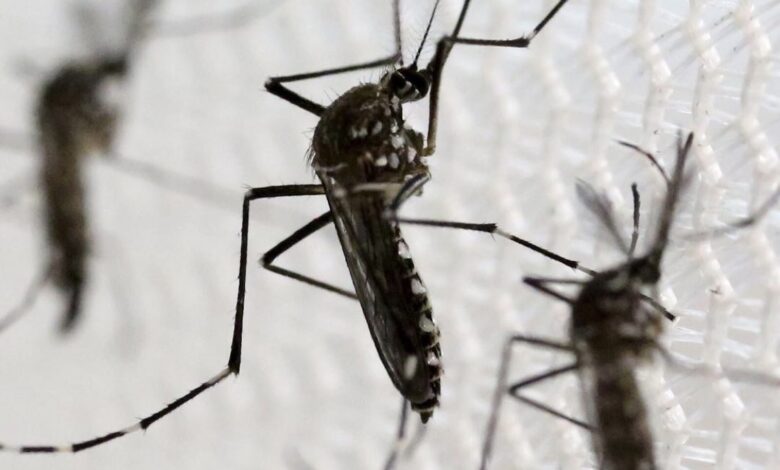Study paves way for better Mosquito control strategies

New Delhi, 26 October 2023: A new study by a team of Indian scientists could pave the way for the development of more effective mosquito control measures. The researchers from Indian Institute of Technology (IIT)- Mandi, and the Department of Biotechnology’s Institute for Stem Cell Science and Regenerative Medicine (DBT-InStem) in Bengaluru, have discovered the biochemical processes that enable the eggs of the Dengue-causing mosquito to remain dormant in during summer and rejuvenate when the rains arrive.
Mosquitoes, which are the viral vectors for various diseases, deposit their eggs in water, where they hatch. The eggs of Aedes Aegypti mosquitoes, which transmit Dengue and Zika, can endure extended periods without water, akin to several crop seeds that patiently wait for germination in the absence of moisture. While this phenomenon was well known, the molecular reasons behind the desiccation tolerance and post-rehydration survival remained a mystery until now. The new study fills the gap.
The collaborative team reared Aedes Aegypti mosquitoes, studying their eggs through a series of experiments. By subjecting the eggs to dehydration and subsequent rehydration, they discovered that the developing larvae undergo certain specific metabolic changes that help them to survive without water.
Dr Baskar Bakthavachalu, Assistant Professor, School of Biosciences and Bioengineering, IIT Mandi and team leader, explained, “Life is fundamentally dependent on water. However, many organisms find ways to overcome water loss. Each has its own unique way. We have found that Mosquito eggs, facing drying conditions, enter an altered metabolic state to significantly increase the production of a set of chemical compounds called polyamines, which play a crucial role in enabling the embryos to withstand the damage caused by water loss. They then utilise another set of chemicals called lipids as an energy source to complete their development once they are rehydrated.”
The implications of this research are expected to be far-reaching. “The findings could provide a foundation for the development of new mosquito control strategies. By disrupting the desiccation tolerance of mosquito eggs, we anticipate a significant reduction in mosquito populations and disease transmission. The understanding gained from this work could potentially prevent the resurgence of mosquitoes following monsoon rains, a period traditionally associated with increased disease transmission risks”, he added.
The knowledge gained, the researchers pointed out, could also have applications beyond mosquito control. For, similar pathways exist in many agricultural insect pests. The study could help figure out potential solutions for them too. By deciphering these biochemical processes, scientists may pave the way for eco-friendly, targeted pest control measures, ensuring sustainable agricultural practices.
The details of this research have been published in the journal PLOS Biology. The paper was co-authored by Dr Bakthavachalu, along with Ms. Anjana Prasad, Ms. Sreesa Sreedharan, and Dr. Sunil Laxman from DBT-InStem.




